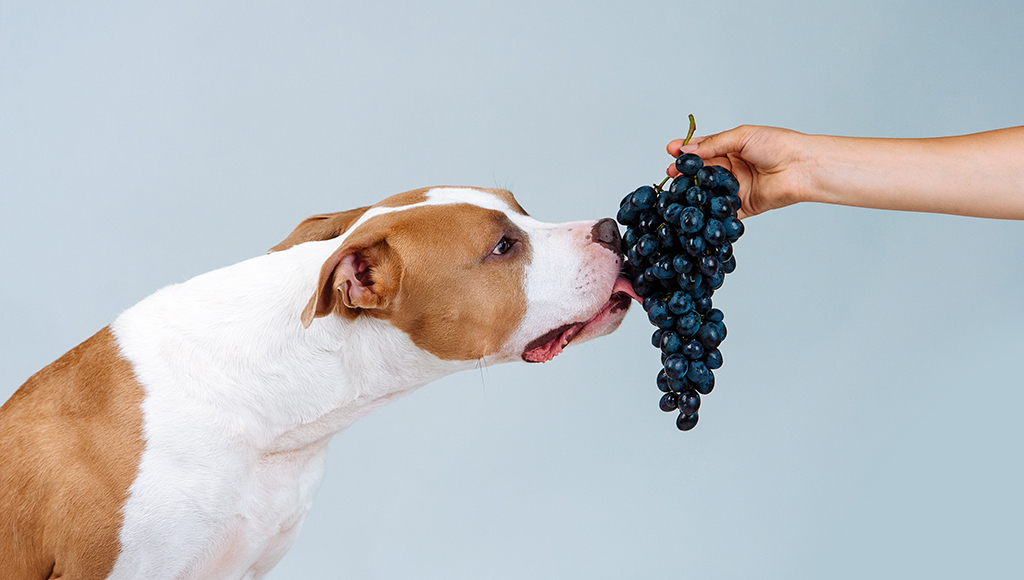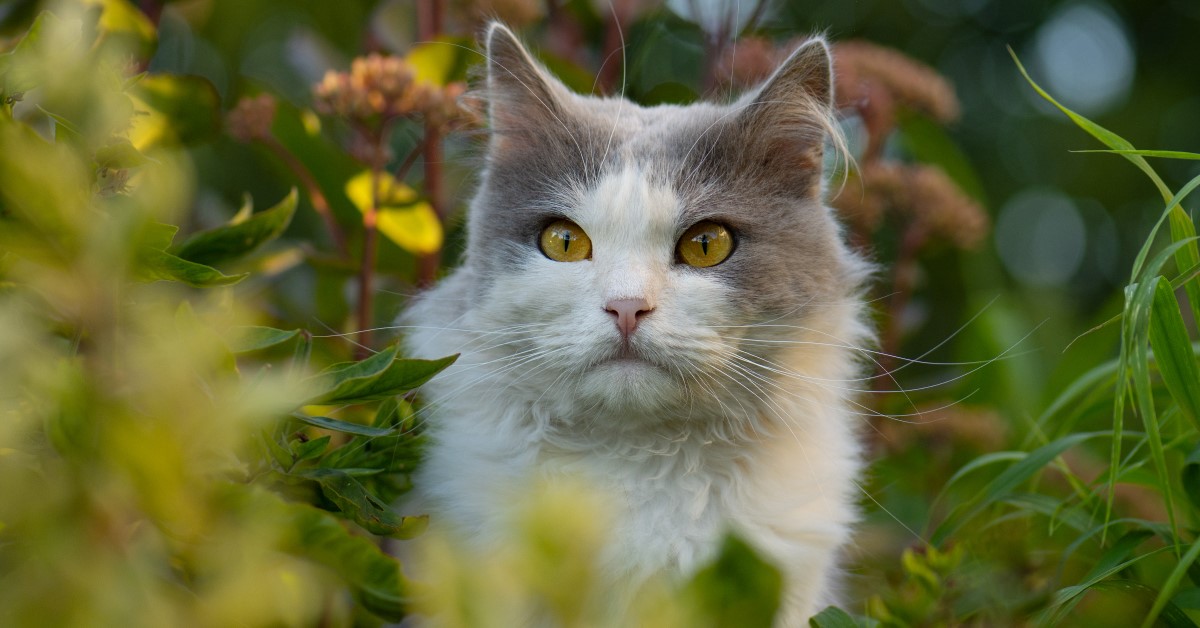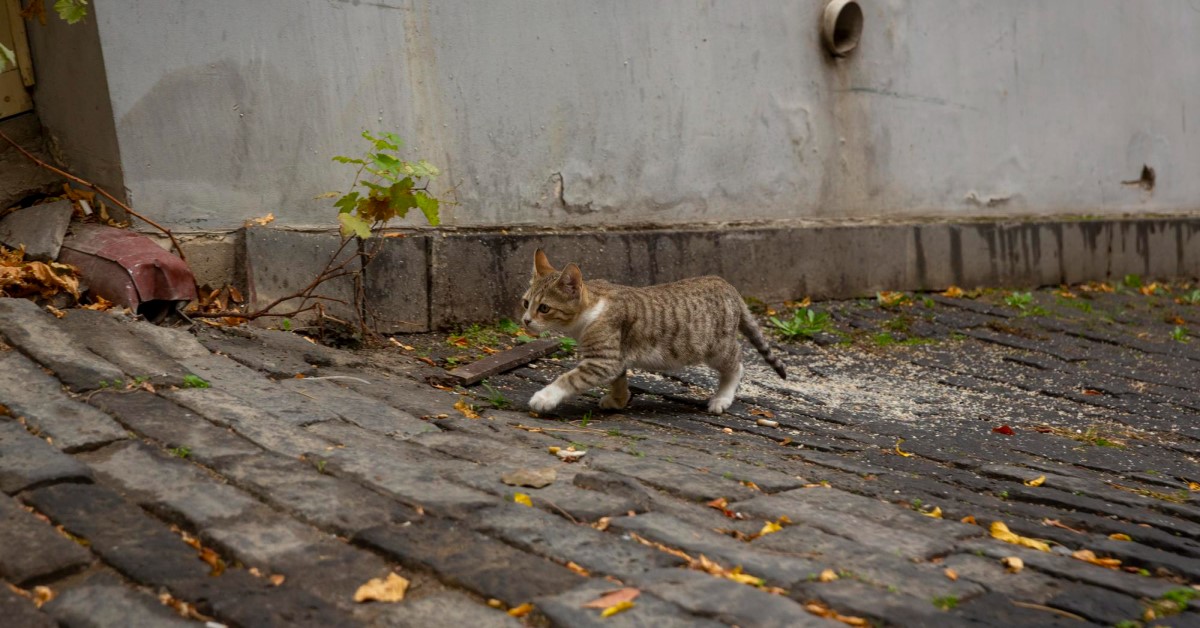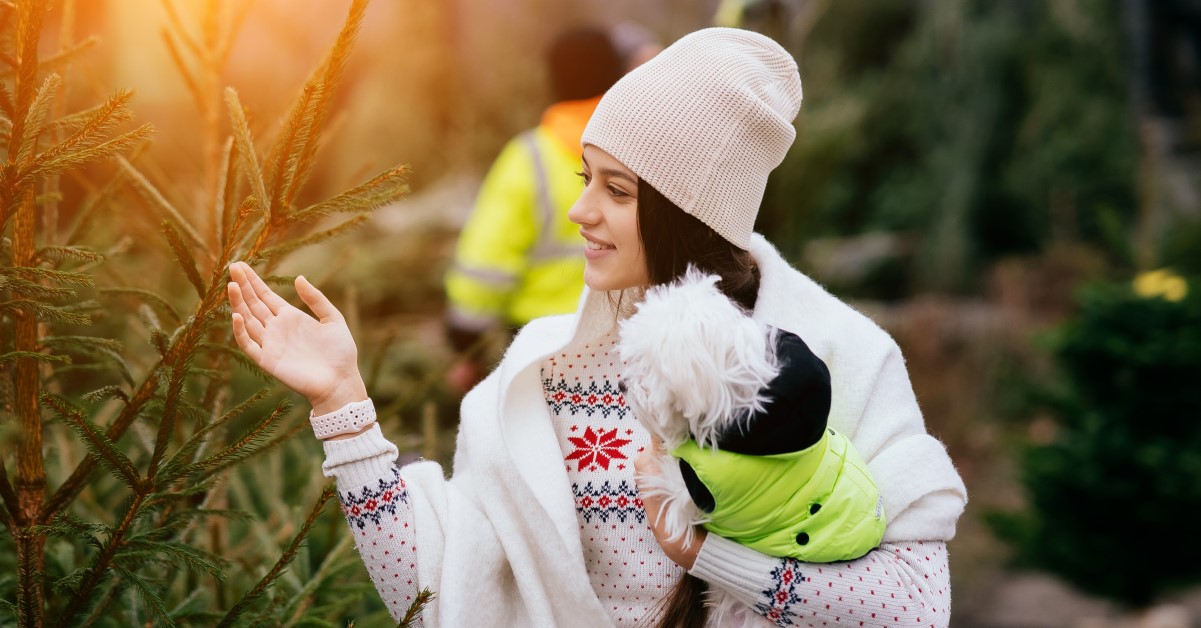Keeping Pets Safe: Pet Poisoning Prevention
Protection for our pets is easy if we just educate ourselves about the things to avoid.

Our pets are a wonderful part of our family, so we want to make sure they are healthy, happy and safe. Our daily lives are filled with products which we are aware may be dangerous to our pets. Unfortunately there are also things we use every day whose dangers to our pets we may not even be aware of.
Accidental pet poisonings constitute the majority of all poisonings reported to poison control centers and of these, about 75% occur at home. Some animals are not particularly finicky about what they eat or drink and others, especially those with food fetishes, are prone to tasting everything and anything at least once.
As a pet owner you try to be conscientious about your pet's health, grooming, physical fitness and need for affection, but you can't be everywhere at once and don't have eyes in the back of your head. You know your pet depends on you for its safety. The best way to keep a pet poison free is by prevention. Know what plants, household cleaners, drugs, garden supplies and other substances around the home may be poisonous or harmful to your pet. You can find this information online at a number of poison control sites or ask your veterinarian for a list of substances which may be hazardous to your pet. Protection for our pets is easy, if we just educate ourselves on what things to avoid.
DANGEROUS FOODS
You put the finishing touches on your homemade chocolate cake and check your watch suddenly realizing you have only a few minutes to pick the kids up from school, or run out to greet the school bus. You push the cake to the back of the counter, and dash upstairs to grab your shoes. When you return to the kitchen for your car keys you realize your dog has eaten half your chocolate cake. Lots of people know that chocolate is bad for dogs, but did you know that there are many other foods that can be poisonous to cats and dogs, including grapes, chewing gum and avocados?
Grapes & Raisins: Though it isn't clear to scientists just what makes grapes and raisins toxic to both cats and dogs, even a relatively small amount can damage their kidneys. For this reason it's unwise to feed these to your pet, even if small amounts are tolerated. Also avoid giving bits of cookie or other foods that contain raisins.
Garlic, Onions, and Powders: Whether fresh, cooked or powdered, garlic and/or onions can be found among the ingredients of many prepared meals, including baby food. Garlic and onions can be toxic to cats and dogs because sulfoxides and disulfides found in them can damage red blood cells and lead to anemia. Onions are more problematic than garlic, but both should be avoided. If preparing a meal for yourself that will contain garlic or onions, consider preparing a side portion without these ingredients for your animals.
Macadamia Nuts: Macadamia nuts are soft, light-colored nuts often used in cookie recipes. They are considered toxic to dogs because they tend to cause gastrointestinal upsets, lethargy, vomiting and muscle tremors or stiffness.
Mushrooms: Various species of mushrooms are toxic to dogs, and can cause shock and death. Effects will differ depending on the type ingested, but avoid feeding any type. Pluck "backyard mushrooms" that might sprout on the lawn, as these are known to be toxic to canines.
Tomatoes and tomato plants: Tomatoes of all kinds are toxic to cats, as are parts of the tomato plant. Ingesting as little as a cherry tomato can cause severe gastrointestinal upset.
HELPFUL TIPS:
1. Keep poisonous items out of the reach of your pet at all times. Scour your yard, house, garage and other outbuildings for possible poisons, removing what you can and putting any substances, like fertilizer or antifreeze, in a pet-inaccessible place. Because It is sometimes difficult to identify exactly which substances may be poisonous, it's best to keep everything that might be ingested away from your pet.
2. Don't leave a potentially poison or dangerous substance inside a closet or cabinet at pet level. If the door is accidentally left open, a curious animal may investigate. Store things in cabinets located up high and out of reach of small children and pets.
3. If you are throwing out spoiled food, secure it in a tightly closed garbage container; and do not leave it in the kitchen trash can. Dogs, especially, are drawn to fragrant or malodorous substances and are very talented at overturning trash receptacles. Cats can get to anything at any height, so it is best to put the spoiled food in an outdoor trash can with a secure lid.
4. Some plants commonly used in landscaping and kept as houseplants are also poisonous. Unless you want to replant your landscape with pet-appropriate shrubs and plants or throw out poisonous houseplants, you will need to watch your pet closely to see if it shows any interest in the poisonous ones.
If you walk your pet on a leash, pay attention to what it may be tempted to eat along the way such as tree or shrub berries, nuts like acorns, dead critters such as frogs, snakes, mice, birds and insects or dropped food containers and wrappers. While your pet may not be ingesting an actual poison, any of these things could prove unhealthy because they have spoiled or bacteria has begun to grow.
5. If you have children, talk to them about pet poisons and enlist their help in protecting your pet. Explain to your children the danger to your pet posed by poisonous foods and insist they do not feed your pet anything but its usual pet food. Tell them that chocolate, grapes, raisins, avocados, chewing gum, candy, and baked goods are okay for people to eat, but poisonous to pets. Remind children not to leave food on countertops or table tops where your pet can find it. Ask them to pick up dropped food and wipe up spills as soon as they occur to prevent pet ingestion, and when eating food items like chocolate candy bars, to hold them high enough to be out of the pet's reach.
6. Consult with your lawn service about pet product safety. If your service regularly fertilizes or applies weed killers and insecticides, advise them of your pet and insist they use ONLY pet-safe products. Some services will tell you to keep the pet inside during the application, and may even ask you to keep pets off the lawn for 24-hours.
7. Never give your pet human medicine or drugs without first consulting a veterinarian. What works for your health problem could be deadly to your pet. Always ask your veterinarian for advice before giving any drugs to your pet, even an over-the-counter drug. Do not attempt to save money by treating your pet yourself or you may end up spending a fortune trying to repair the damage or save his life.
8. Give some serious thought to the toys you buy for your pet. All pet products are not alike. Don't be persuaded by marketing and advertisements. Always check the materials used by the manufacturer in producing the toy. When you introduce a new toy to your pet, observe how he plays with the toy, and exchange it or remove parts from it that may come lose and possibly cause your pet to choke.
9. Don't spray aerosols like room deodorizers, hairsprays or furniture polish near your pet. Inhaled droplets can become trapped in your pet's lungs and set up a welcoming environment for pneumonia.
10. Avoid using tick and flea products unless recommended by your pet's veterinarian. It is not uncommon for some pets to have adverse reactions (confusion, lethargy) to the typical flea and tick collars sold in grocery and pet stores.
11. Never use rat poison, slug bait, ant canisters or any toxic substance to exterminate pests in your home if you have pets. Rat poison is one of the most deadly of all toxins to pets. Worse, poisoning symptoms may not be manifested for several days and by then it could be too late to save your pet. Pets can ingest poison directly or be poisoned indirectly by eating a rodent that has been poisoned.
Use snap traps or humane traps for mice and rats instead of rat poison. Beer in plastic lids works well as slug bait. Ant canisters should be kept off the floor. If your pet is free to roam off your property, ask you neighbors to please alert you should they plan to use toxic products so you will know when to keep your pet contained.
WHAT TO DO IF YOUR PET IS POISONED
It's important to keep 3 resource numbers handy in case of an emergency. In a crisis, you need to be calm and the best way to head off panic is to have a plan. Locate and post in an obvious place the telephone numbers of your veterinarian, the nearest animal surgical center or clinic and a poison control center. As hard as we try to keep our pets safe, accidental poisonings do happen. Know what to do if you suspect your pet has ingested a suspicious substance.
1. Observe your pet for symptoms of poisoning:
- vomiting
- diarrhea
- confusion
- listlessness or lethargy
- seizures
- difficulty breathing
- difficulty swallowing
- difficulty ambulating (moving)
If your pet's condition appears life threatening, waste no time in getting your pet to a pet clinic, vet's office or pet hospital.
2. If you know your pet has ingested something harmful but it is symptom free at the time you recognize the event, call an animal poison control center immediately or your veterinarian. The Poison Control Hotline (888-426-4435) sponsored by the ASPCA is a 24/7 service with board-certified veterinarians readily available to callers. Assisting pet owners and veterinarians, the hotline provides information about toxicity and treatment. While you are obtaining the information you need, try to make your pet as comfortable as possible and keep it contained. Some animals run off when they are sick.
3. Locate the offending substance if you can and estimate the amount ingested. Save any packaging materials and if possible, bag a portion of the substance to take with you to the veterinarian.
4.Do not attempt to induce vomiting unless you are directed to do so by a qualified veterinarian or poison control center. Some ingested materials, if vomited, can cause further injury to your pet.
5. Follow the directions exactly as received over the phone by your veterinarian or the poison control center. However, if you have any doubt about your ability to handle a poisoning situation, never hesitate to go immediately to the veterinarian's office or nearest animal clinic. Some poisoning incidents can turn fatal relatively quickly.
The poisoning of a family pet can be a very frightening, traumatic experience. You need to think clearly and unemotionally to make quick decisions and take decisive action? Preventing a poisoning is the best medicine for your pet, but having a back up plan should a poisoning disaster occur is just as essential, maybe even a matter of life or death.
Ready to start saving money on pet wellness care?
Then take a look at Mint Wellness, the pet wellness plan that provides fast reimbursement on routine pet care. Save on vaccinations, wellness exams, preventatives, dental, and more!
Learn More


